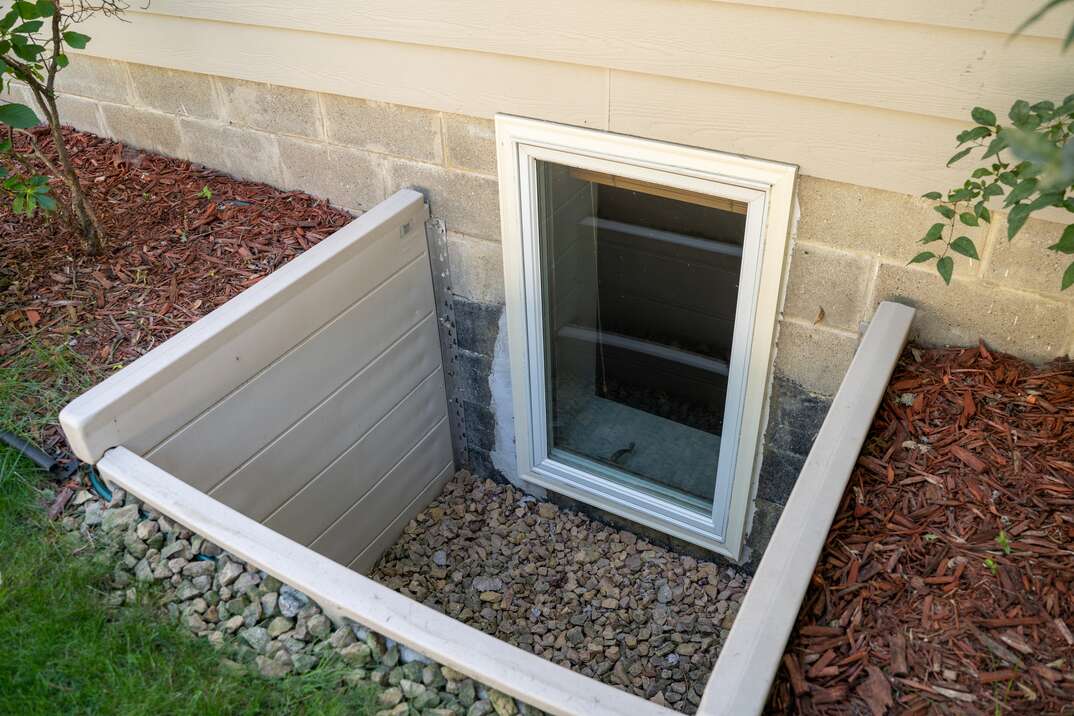How Much Value Does a New Garage Door Add to Your Home?

Does a new garage door increase home value? It's a question every homeowner should ask before replacing a garage door — or doing any other home improvement project, for that matter. This May Also Interest You: How Much Do Smart Garage-Door Openers Cost?
Most home improvement projects add some value, but looking at the return on investment may help you decide if the money you want to spend on a new garage door is worth it.
Does a New Garage Door Increase Home Value?
Most home upgrades, including a new garage door, increase your home's value at least a little. According to Remodeling's National Cost vs. Value Report for 2023, replacing a garage door gives you a 102.7% ROI.
To put it another way, if you spend the average of $4,302 (CAD 5,863) to replace your garage door, it can increase the total resale price of your home by $4,418 (CAD 6,021)— which means you'll get your money back, plus a modest profit.
Many other home improvement projects have a much lower ROI. For example, a minor kitchen remodel has an 85.7% ROI, and a roof replacement has a 61.1% ROI.
Should I Replace My Garage Door?
If your garage door is old or damaged, replacing it can be a good move. The garage door is a main focal point of your home's exterior, so it can affect the overall look. If it's dented or outdated, it can make your entire home look worn down and decrease the overall value. If your current garage door doesn't work well, replacing it now can improve your life as well.
However, if your current garage door is newer, looks nice, works well and fits with the style of your home, it might not be worth the investment to replace it. Consider the current condition of the door and the benefits you would get by replacing it if you're not sure if you should upgrade.
More Related Articles:
- How Much Does an Insulated Garage Door Cost?
- How to Insulate Your Garage Door
- 5 DIY Garage Door Makeover Ideas
- How Much Does a Glass Garage Door Cost?
- How Much Does It Cost to Repair or Repair a Garage Door Spring?
Do Insulated Garage Doors Add Value?
Like any garage door, an insulated model will add value to your home, especially if your old one was outdated and had no insulation. The insulation itself might not make much difference in your ROI, but a higher-quality and higher-priced door can increase the value of your home more than a cheap one.
An insulated garage door also gives you personal value immediately after installing it. The insulation helps control the temperature in your garage, which can reduce your heating and cooling costs. A hot garage in the summer and a cold garage in the winter can affect the temperature in the rooms near the garage. Controlling the temperature with insulation can also protect items you store there that are sensitive to extreme temperatures. The insulation also makes your garage quieter when the door is closed.
Benefits of a New Garage Door
Installing a new garage door can do more for your home than increase its value. Other benefits of a new garage door include:
- Improved curb appeal: Choosing a garage door that best fits your home's style makes your house look better. You can choose a unique door, such as a carriage-style garage door, that gives your home a fresh, distinct look.
- Increased security: Newer garage doors and garage-door openers are sturdier and have better security features than older doors. Adding protection to your home is always a worthwhile project because it can reduce the risk of a costly break-in.
- Better safety: A new garage door also has more safety features to prevent someone from getting hurt, including an auto-reverse feature that automatically opens the door if something is in the way while it's closing.
- Less maintenance: If you have an old garage door, you've likely had to do lots of maintenance or pay for repairs. A new garage door often requires less maintenance, which saves you time and money.
- Warranty: When you buy a new garage door, you should get a warranty for a set period. If the garage door is defective or malfunctions during that period, the company will handle the repairs for you.
All CAD conversions are based on the exchange rate on the date of publication.


